When writing the preface to the book “Dang Thuy Tram’s Diary”, cultural researcher Vuong Tri Nhan, as a classmate of Dang Thuy Tram during her three years of high school at Chu Van An School, shared: In our students’ minds, we were always imbued with the romantic spirit of The Buffalo Fly, of Paven Coocsaghin in How the Steel Was Tempered… Books at that time were synonymous with culture… And, it can be said without fear of exaggeration that from then on, many people went straight to the battlefield… The power of Russian literature inspired and urged the desire to contribute to the young generation of Vietnam during the war.
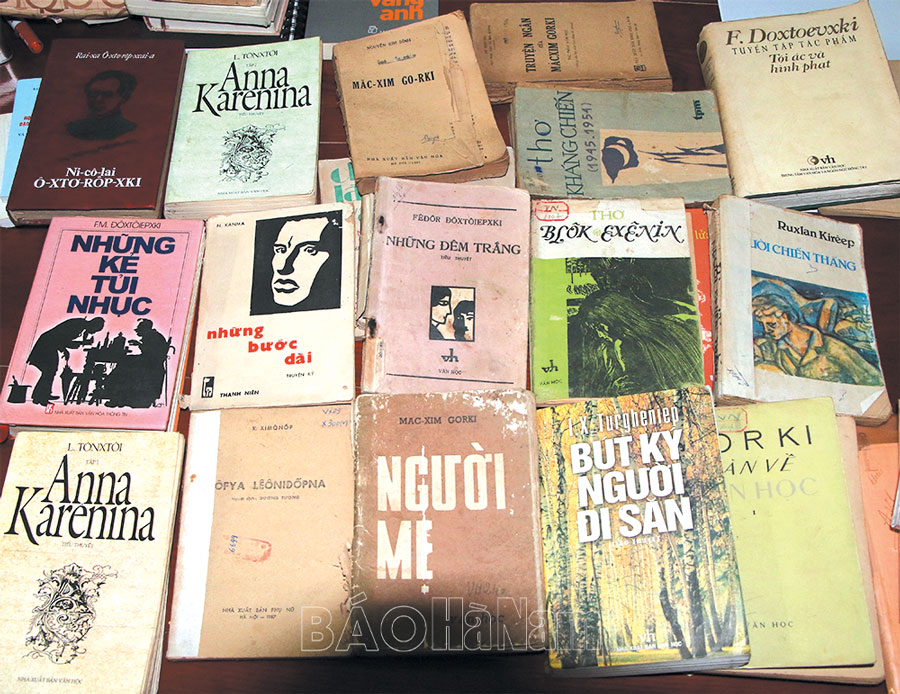
Mr. Vuong Tri Nhan wrote and firmly stated one thing: “A belief that seems to exist only in religion – that belief is full of a sense of holiness, governing everyone’s actions. Going to war at that time was not only a duty but also a desire, an honor that many of our brothers and sisters felt they had to win at all costs”. Throughout the 20th century, the Vietnamese people had to go through many wars to gain national independence and protect the Fatherland. Russian literature (to be exact, Soviet Russian literature) is a great literature, a literature that has produced many geniuses known to the world and has had a profound influence on Vietnamese literature, on the spirit of the Vietnamese people.
Since the French colonial period, Vietnamese people have had access to many Russian literary works such as: Resurrection, Anna Karenina by L. Tolstoi; White Nights by Dostoievski; Mother by M. Gorki... However, it was not until 1950, when our country was then an independent country and officially established diplomatic relations with the Soviet Union, that the literary and cultural exchange between the two countries really developed. During this period, with the aid and facilitation of the Soviet Union, many Russian literary works were translated into Vietnamese by Vietnamese translators, published and widely distributed in schools. Poet, journalist Hai Duong, former member of the Editorial Board of Nhan Dan Newspaper, a native of Binh Luc, shared: In the 60s and 70s of the 20th century, our young generation loved Russian literature, as well as Chinese literature and French literature. But the one we liked and read the most was Russian literature. The Russian classical writers I like to read are L.Tolstoy, N. Gogol, Maxim Gorky, A.Pushkin, M.Lermontov, A.Ostrovsky, Nikolay Nekrasov, A. Akhmatova, A. Chekhov, etc.
The "bedside books" of that time were the massive 4-volume epic novel War and Peace by L. Tolstoy; The Mother by Maxim Gorky; The Epic of Lenin, The Epic of Man by Mayakovsky... Russian literature was the trumpet call urging the young generation of Vietnam to go to war in the resistance war against America, to save the country; it was the song of building socialism with ideal characters like Paven Coocsaghin in the famous book by Nikolai A. Ostrovsky. Paven Coocsaghin was an ideal model that spread, instilled enthusiasm with the ideal of fighting for the noblest cause of liberating humanity, liberating the nation. Our generation knew by heart many excerpts from the book "How the Steel Was Tempered". It can be said that Russian literature with its monumental works had great appeal to the young generation in the war to defend the Fatherland.
Besides, the Great Patriotic War of the Russian people has many similarities with the war of national liberation in Vietnam, so literary works carry the power of the army, urging the young generation to go to war and create great victories, gain independence, and unify the Fatherland. For journalists and writers like us, the verses "Must spend a thousand pounds of ore/ To collect just one word/ Those words make/ Millions of hearts vibrate for millions of years" by Mayakovsky is an invaluable lesson about the profession.
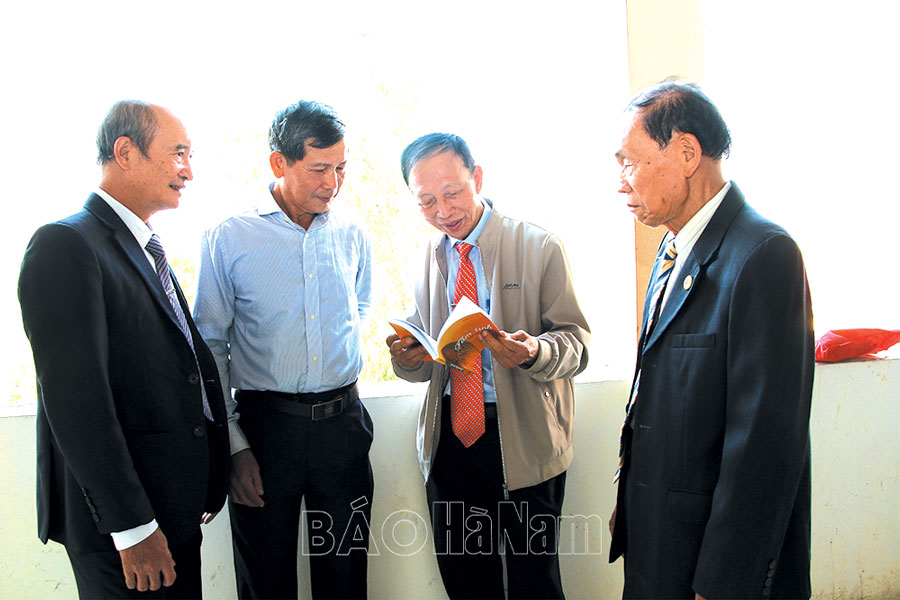
In a recent meeting with retired teachers from Ha Nam, when mentioning Russian literature, everyone was filled with special emotions. Teacher Tran Van Huong (former Principal of Binh Luc B High School) shared: The greatness and depth of Russian literature created in us, when we were young, strong emotions about love and about our country. In particular, Russian literature at that time encouraged us, the wartime youth, to always strive to study and work hard, with a great desire to contribute to peace. Anyone who has ever been a student, a pupil, a young person, has read or not read How the Steel Was Tempered, knows by heart the famous saying of Pavel Korsaghin: "The most precious thing for a human being is life. A person only lives once. One must live so as to feel no pangs of regret for the years lived in vain, so as not to feel ashamed of a mean and miserable past, so that when one closes one's eyes one can say: All my life, all my strength, I have devoted to the noblest cause in the world, the cause of fighting for the liberation of mankind".
That saying has become a truth of life for the younger generation, and today, at the age of over 80, teachers who lived and went through the war years, such as: Tran Van Huong, Nguyen Van Moc (Dong Van, Duy Tien), Nguyen Tri Tue (Hai Ba Trung ward, Phu Ly city) ... all believe that Russian literature has permeated the blood, creating fighting enthusiasm for many young people at that time. Because of great works, inspiring literary characters like Paven, the whole generation of university students in Hanoi "put down their pens and ink" to go to Truong Son, to the battle front.
Mr. Nguyen Tri Tue (currently Chairman of the Hai Ba Trung Ward Education Promotion Association, Phu Ly) said: We have just celebrated the 50th anniversary of the opening of the Literature Course - Hanoi Pedagogical University. The story of meeting again after 50 years always reminds us of the time when my classmates at that time went to the battlefield following the call of the country and the Party. We all had the same feeling about the great influence of the idea of dedication in Russian literature when it created the belief for us to confidently go to the front, not afraid of hardship, not afraid of death, not afraid of the enemy... In our hearts, there was only love for the country and belief in victory. Everywhere echoed the call of the country, urging us to live our lives to the fullest, to devote ourselves to the most noble cause in the world - the cause of national liberation revolution and peace building.
Soviet Russian literature permeated the spirit and will of the Vietnamese people. Later, when the country was at peace, the works of Esenin, A. Bloc, K. Pauxtopxky… still fascinated our generation – those born after the war. Because our teachers were the ones who had the deepest access to this literature, and now passed on that inspiration and love to us. From here, in our hearts and feelings, Russia became truly close, affectionate and dear. The verses of Esenin “Oh Russia, my wooden Russia/ I am the only one who praises. I have lived/ Wild, sad, dreamy poems/ As if made of oak resin…” or the verses of Blok, who painted the monument of the Fatherland in verse: “Oh Russia, crisscrossed with rivers and streams/ And surrounded by old forests/ With swamps and flocks of cranes/ And with the opaque gaze of the shaman…” have been rhymes that many people of our generation know by heart.
Until now, Paven's saying is mentioned in many situations: "The most precious thing for a human being is life. A person only lives once. One must live so as not to feel regret for the years lived in vain...". It is still an immortal truth that lights the path we take!
Jiangnan
Source: https://baohanam.com.vn/van-hoa/van-hoc-nghe-thuat/van-hoc-nga-va-cam-hung-yeu-nuocacho-the-he-tre-viet-nam-trong-chien-tranh-140699.html


![[Photo] General Secretary To Lam meets and expresses gratitude to Vietnam's Belarusian friends](https://vphoto.vietnam.vn/thumb/1200x675/vietnam/resource/IMAGE/2025/5/11/c515ee2054c54a87aa8a7cb520f2fa6e)


![[Photo] General Secretary To Lam concludes visit to Russia, departs for Belarus](https://vphoto.vietnam.vn/thumb/1200x675/vietnam/resource/IMAGE/2025/5/11/0acf1081a95e4b1d9886c67fdafd95ed)

![[Photo] General Secretary To Lam arrives in Minsk, begins state visit to Belarus](https://vphoto.vietnam.vn/thumb/1200x675/vietnam/resource/IMAGE/2025/5/11/76602f587468437f8b5b7104495f444d)
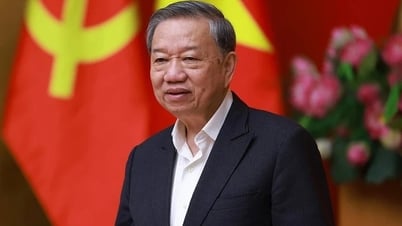
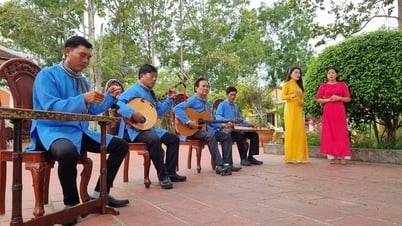
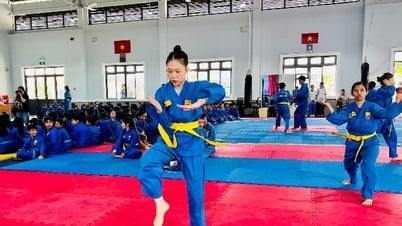
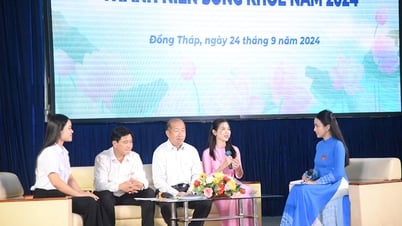
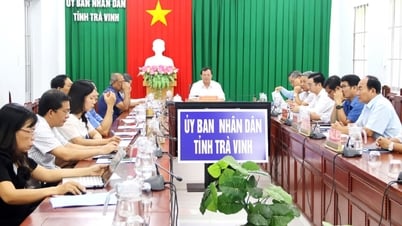
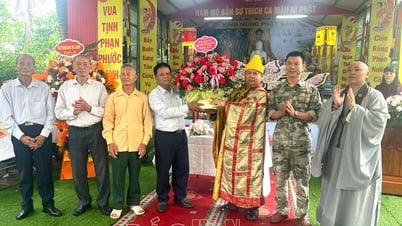






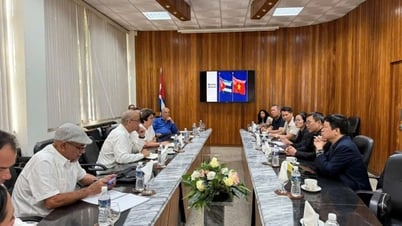

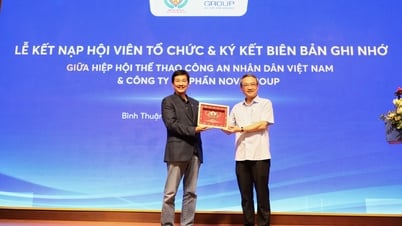


![[Photo] National Assembly Chairman Tran Thanh Man attends the Party Congress of the Committee for Culture and Social Affairs](https://vphoto.vietnam.vn/thumb/1200x675/vietnam/resource/IMAGE/2025/5/11/f5ed02beb9404bca998a08b34ef255a6)













































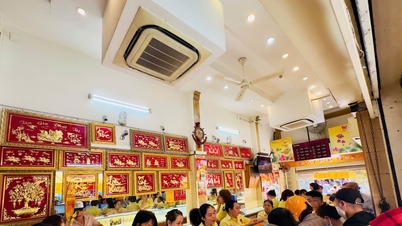

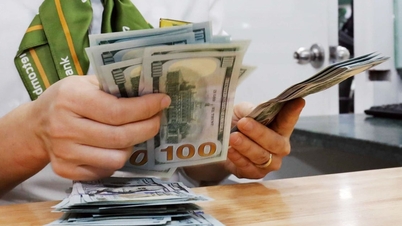
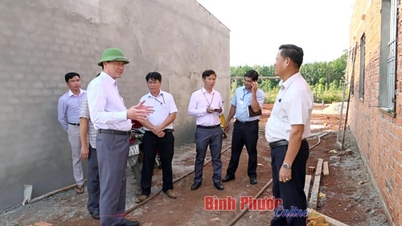












Comment (0)